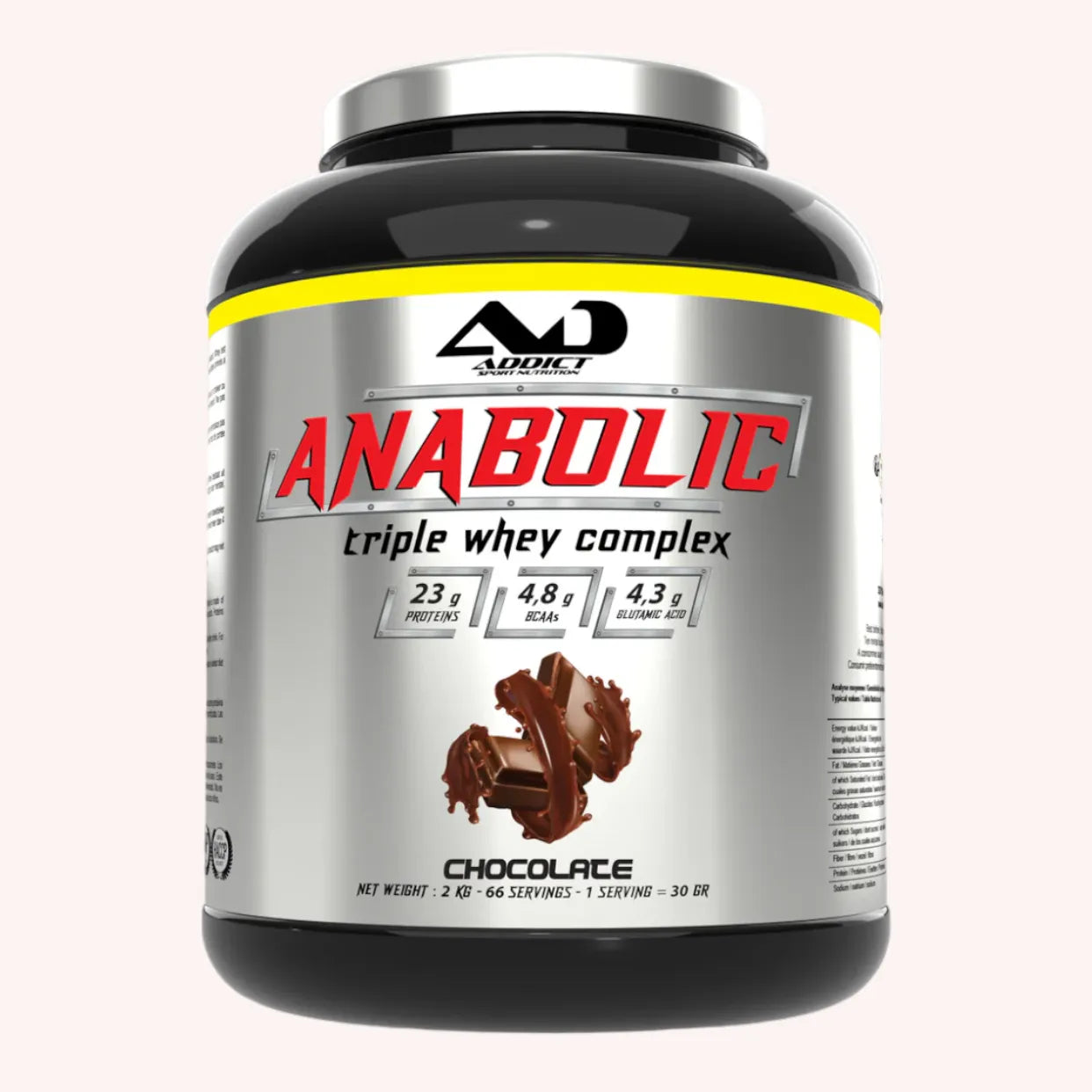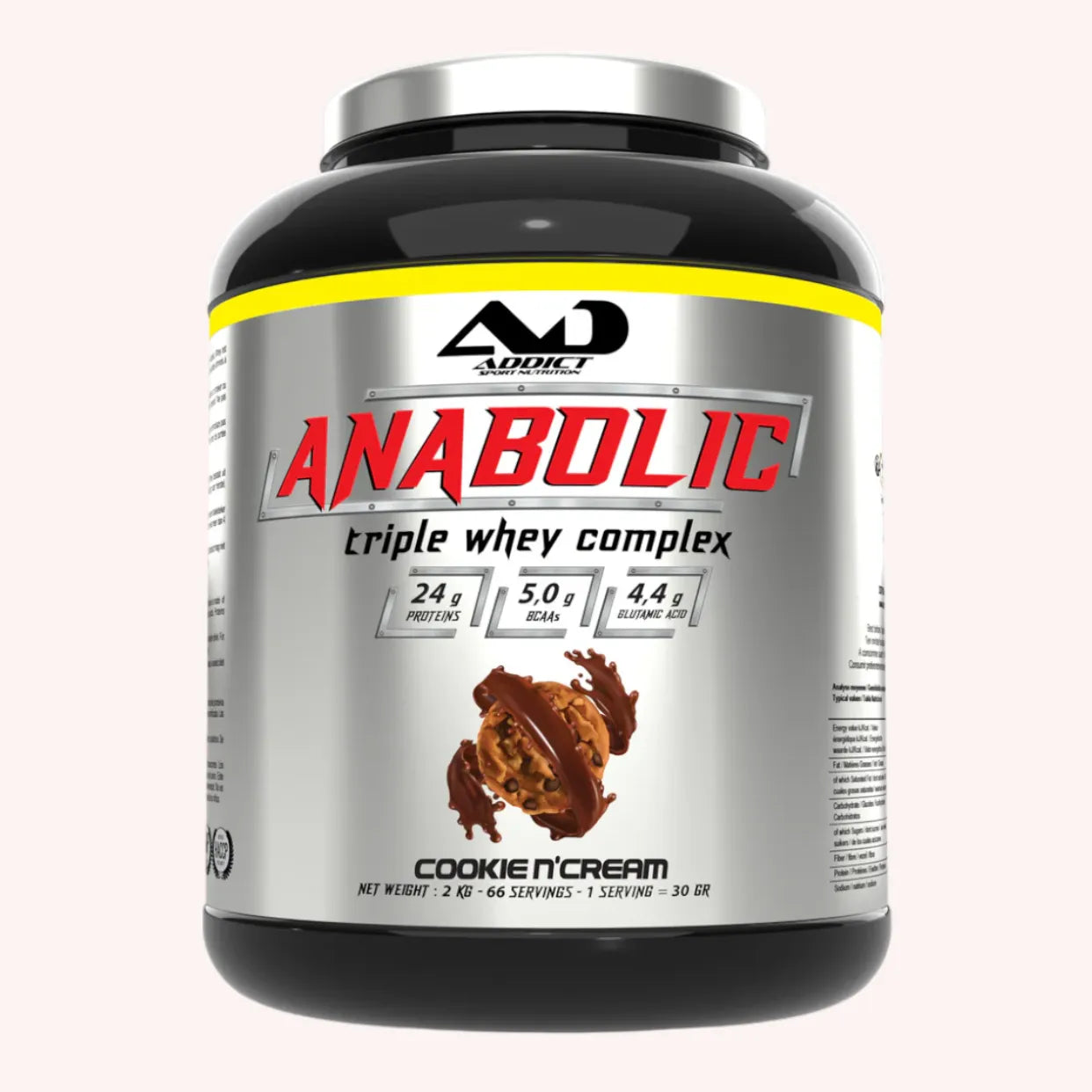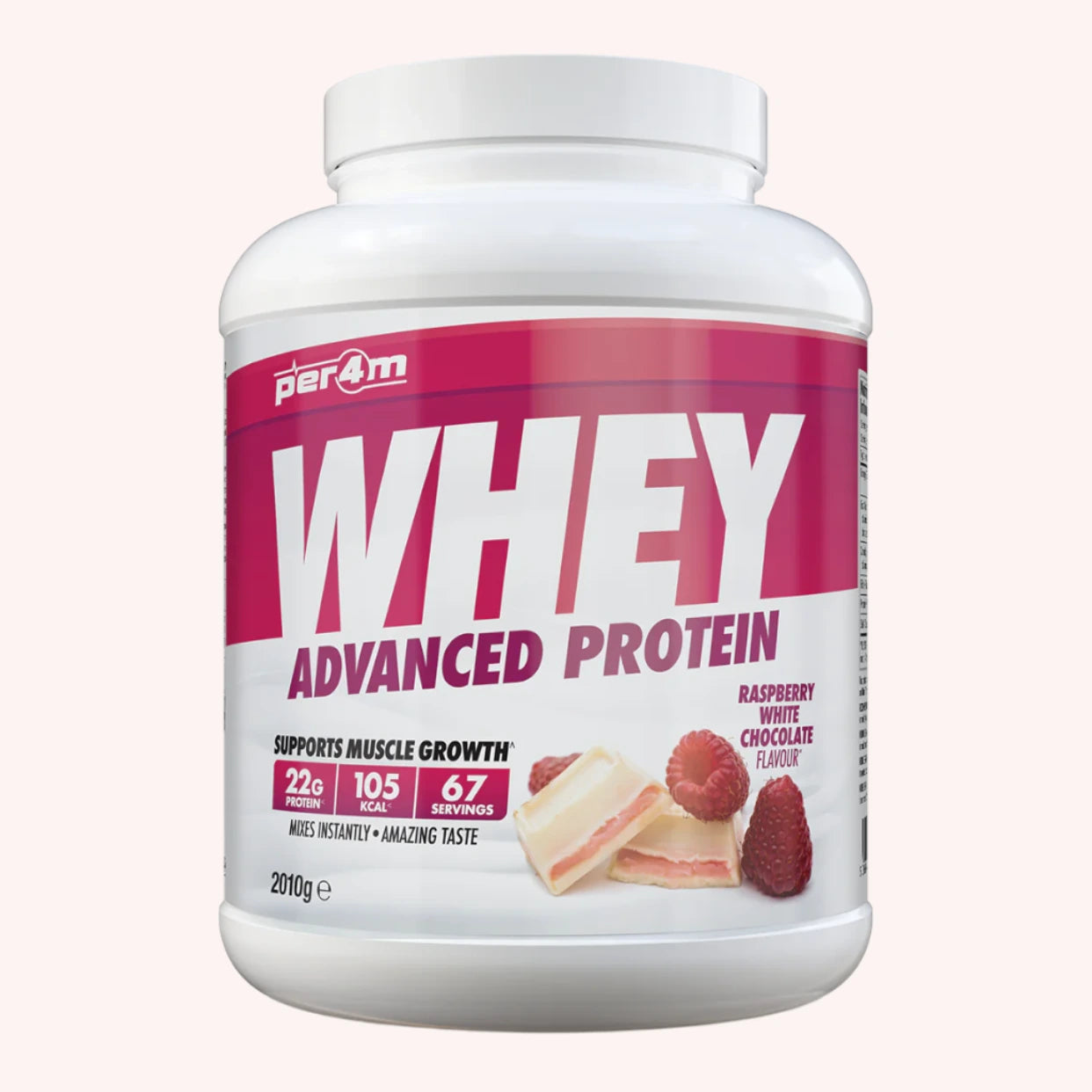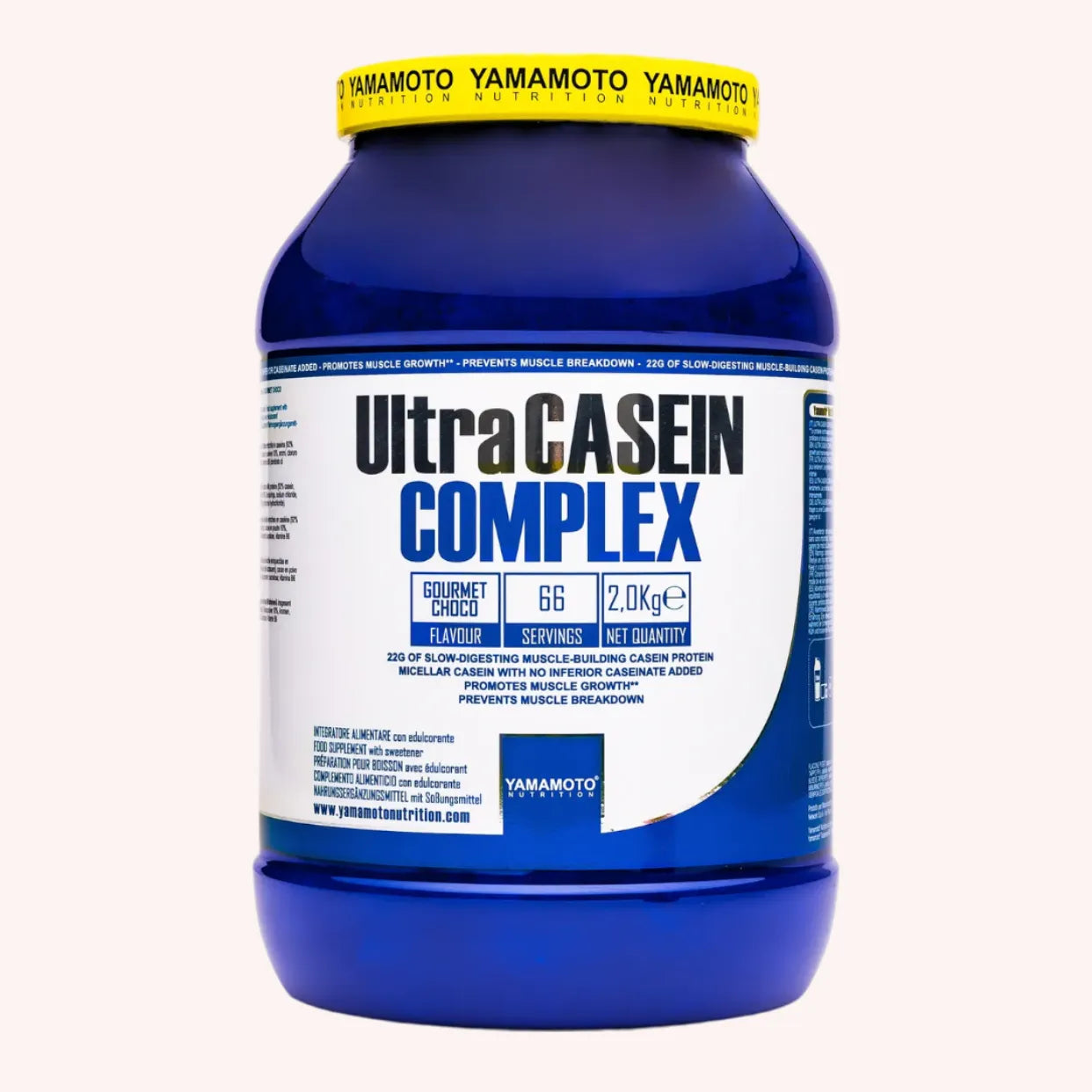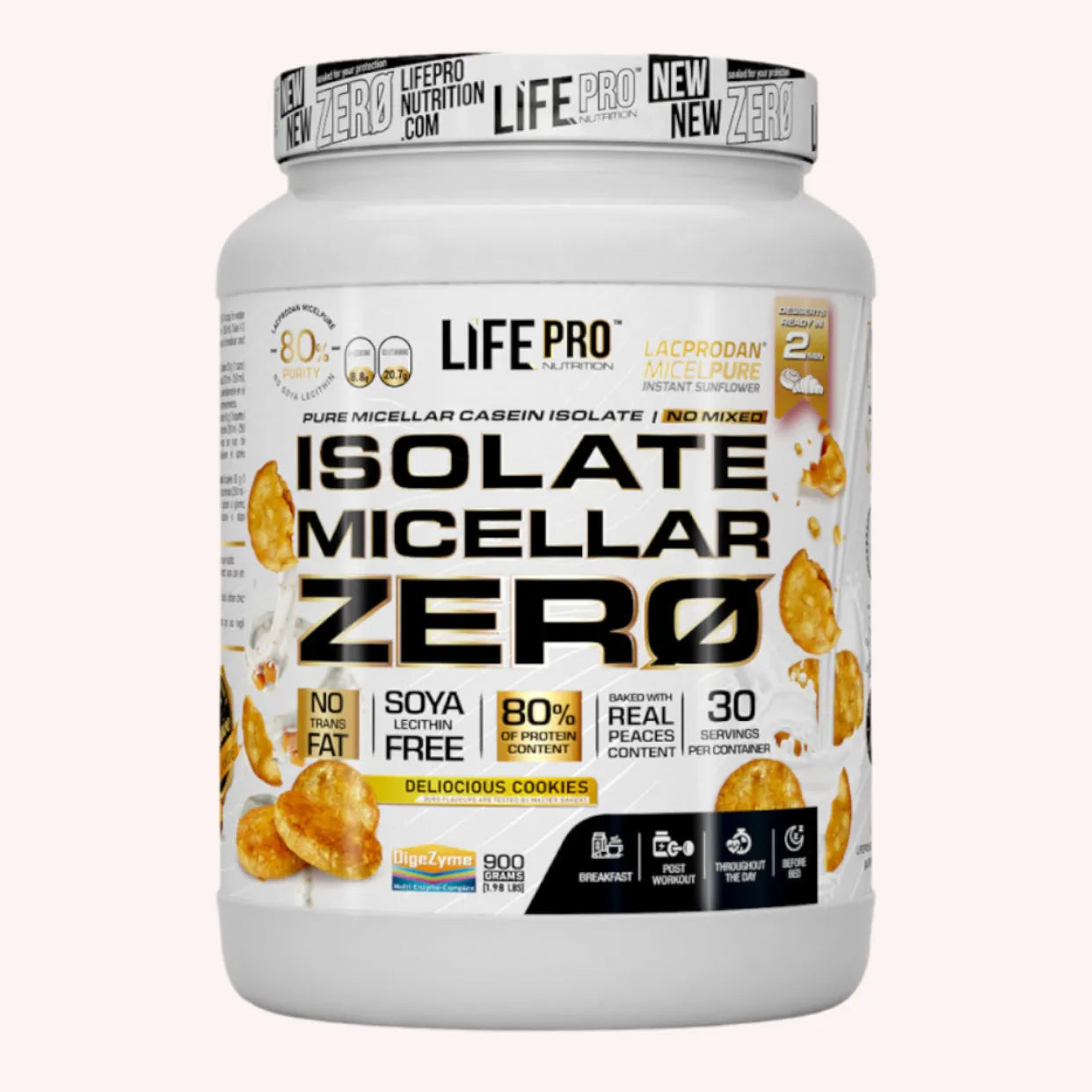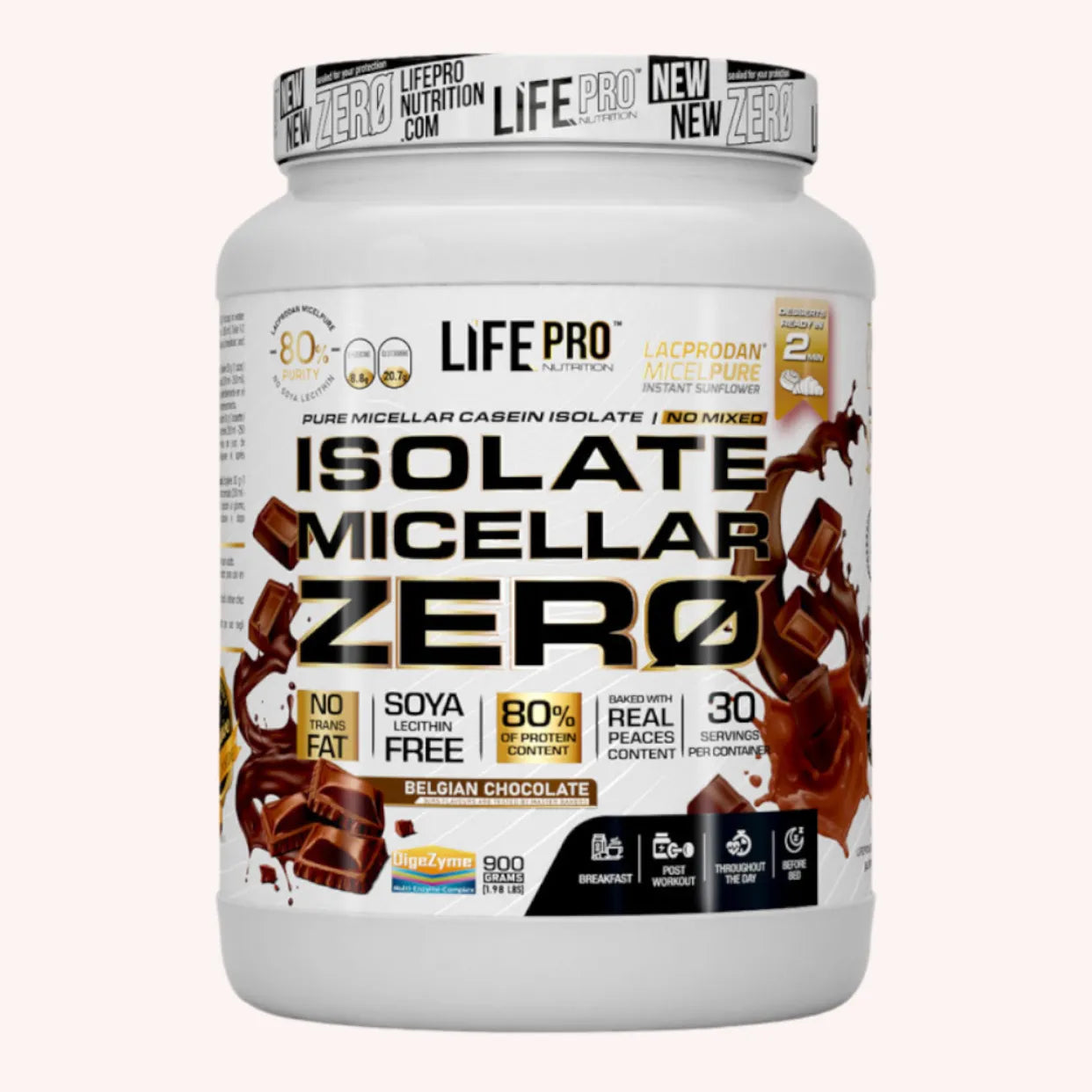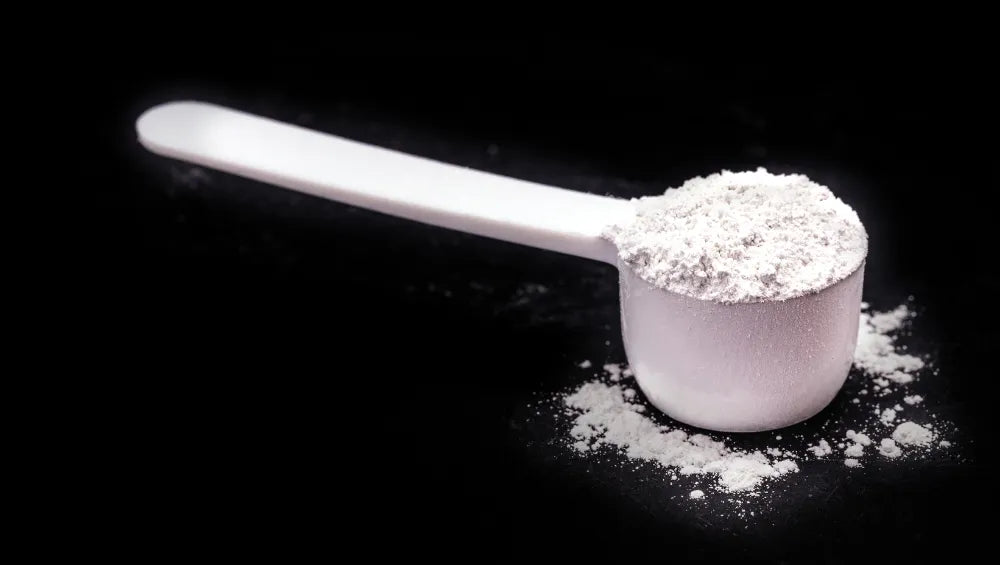Bulking up is a fundamental step for anyone looking to gain muscle mass while lean or simply build muscle. A proper diet is essential to support your efforts in the gym.
Here, we'll help you create an effective weight-gain menu. We'll explain which foods to prioritize, how to portion out your meals, and how to avoid common mistakes.
What is a good weight gain menu?
A good weight gain meal plan is a meal plan that provides more calories than your daily energy needs, thus promoting muscle growth . It should be rich in protein , complex carbohydrates and healthy fats , while being balanced to avoid excessive fat gain.
Importance of Meal Planning
Planning your meals is essential for optimal sports nutrition . It allows you to control your calorie intake , properly distribute macronutrients, and avoid the temptation of junk food. A well-structured plan also makes it easier to track your progress and adjust your diet according to your needs.
Typical menu for a day
Weight gain breakfast:
- 100g oat flakes with 250ml skimmed milk
- 2 scrambled eggs
- 1 Banana
- 1 tablespoon of peanut butter
Snack :
- 30g Almonds
- 1 Apple
Lunch :
- 200g Grilled chicken
- 150g Basmati rice
- 100g steamed broccoli
- 1 tablespoon of olive oil
Pre-workout snack:
- 1 Greek yogurt
- 1 handful of nuts and oilseeds
Dinner :
- 200g Baked Salmon
- 200g roasted sweet potato
- Green salad with olive oil and balsamic vinegar
Snack before bed:
- 200g White cheese
- 1 tablespoon of honey
This typical menu provides approximately 3,000 calories , distributed in a balanced manner to support effective mass gain.
What foods should you favor for gaining mass?
Best Foods
- Lean proteins: White or red meat, fish, eggs
- Cottage cheese: Excellent source of casein for prolonged protein release
- Nuts and oilseeds: High in healthy fats and calories
- Complex carbohydrates: Basmati rice , sweet potato , oatmeal, quinoa
- Legumes: Lentils, chickpeas for a source of vegetable protein
- Fruits and vegetables: Sources of essential vitamins, minerals and fiber
- Vegetable oils: Olive oil, rapeseed oil, rich in monounsaturated fatty acids
Don't neglect calorie intake
Adequate calorie intake is essential to support muscle growth . Generally, it's recommended to add an additional 300 to 500 calories to your daily energy expenditure for effective mass gain. This creates a calorie surplus that promotes muscle anabolism without causing excessive fat gain.
Focus on complex carbohydrates
Complex carbohydrates like basmati rice and sweet potato are essential because they provide sustained energy for your intense workouts. They also help replenish muscle glycogen stores, which is essential for recovery and performance.
How to distribute meals to gain muscle?
Meal frequency
It is recommended to eat 5 to 6 meals a day . This meal frequency helps provide a consistent supply of nutrients to your muscles and maintain high energy levels throughout the day . It also helps optimize muscle protein synthesis.
Calorie distribution
- Breakfast: 25% of total calorie intake
- Snacks: 10% each
- Lunch and dinner: 25% each
- Before and after training: Focus on proteins and carbohydrates to optimize performance and recovery
Watch the snacks
Snacks increase your calorie intake without overloading your main meals. They help maintain a feeling of fullness and prevent cravings. For example, a snack consisting of a whey protein shake and a piece of fruit can be eaten after a workout to promote recovery.
Distribution over a day
- Breakfast: Rich in complex carbohydrates and protein to start the day
- Morning Snack: Protein Snack to Maintain Anabolism
- Lunch: Balanced meal with protein, carbohydrates and fats
- Afternoon Snack: Preparing the Body for Training
- Dinner: Protein and vegetable rich meal for recovery
- Evening snack: Take casein or cottage cheese for a prolonged release of amino acids during the night
What is the role of protein in mass gain?
Proteins are the building blocks of muscles. They play a vital role in muscle protein synthesis , the process by which muscles repair and grow after training.
Types of proteins
- Whey Protein: Fast-absorbing, ideal after training for optimal recovery. Whey is a high-quality protein that contains all the essential amino acids.
- Casein: Slow absorption, perfect for taking before bed to nourish muscles overnight.
- Dietary proteins: Meat, fish, eggs, legumes, which should form the basis of your daily protein intake.
- Protein powder: Convenient for easily increasing your protein intake , especially if you have trouble consuming enough through solid foods.
Protein intake
It is generally recommended to consume between 1.6 and 2.2 grams of protein per kilogram of body weight to promote muscle gain . For example, a 70 kg individual should aim for a daily intake of 112 to 154 grams of protein.
Monitor protein quality
The quality of protein consumed is just as important as the quantity. Choose complete proteins that contain all the essential amino acids needed for muscle growth .
How to avoid gaining fat?
Clean mass gain
Clean mass gain involves increasing your calorie intake in a controlled manner, focusing on quality foods and avoiding excess. This allows you to gain muscle without excessive fat gain .
Avoid storing fat mass
- Low glycemic index carbohydrates: Promote slow energy release and avoid insulin spikes responsible for fat storage.
- Balanced diet: Include vegetables and fiber for better digestion and a prolonged feeling of satiety.
- Macronutrient Distribution: Adjust the proportions of protein, carbohydrates and fats according to your specific needs.
- Cardiovascular activity: Incorporate moderate cardio sessions to burn fat while maintaining muscle mass .
Monitoring calorie intake
It's essential to regularly calculate your calorie intake to avoid overindulging. Use apps or food journals to track your intake and adjust accordingly.
What are the mistakes to avoid when gaining mass?
Poor diet
Eating processed foods high in sugars and saturated fats can lead to fat gain instead of muscle. Avoid fast food, sugary snacks, and soft drinks.
Poorly planned meals
Not planning your meals can lead to dietary indiscretions and inadequate calorie intake . Poorly planned meals can also lead to deficiencies in essential nutrients.
Excesses and deficits
- Excess: Overconsumption of calories without proper training leads to fat gain.
- Deficit: Not consuming enough calories slows down mass gain and simultaneously dries out , which is ineffective for muscle growth .
Neglecting the feeling of satiety
Eating beyond satiety can cause discomfort and does not provide additional benefits for muscle gain . It is important to listen to your body and eat until you feel satisfied, not stuffed.
H3 Forgetting hydration
Water is often overlooked, but it is essential for nutrient transport and muscle recovery. Make sure you drink enough throughout the day .
How to optimize mass gain?
Energy intake and calories
- Calculate your daily needs: Use a calculator to determine your energy expenditure.
- Increase gradually: Increase your calorie intake in 100-200 calorie increments if necessary to avoid excessive fat gain.
- Calorie Distribution: Ensure a balanced calorie distribution between proteins, carbohydrates and fats.
Adapted physical activity
A targeted training program is essential. Incorporate resistance exercises with progressive loads to stimulate muscle growth . The question of how long does it take to see visible results in bodybuilding is a common one. Typically, the first changes appear after 4 to 6 weeks of regular training, but this can vary depending on the individual.
Personalized food program
Develop a meal plan that suits your tastes, needs, and lifestyle for better long-term adherence. Don't hesitate to consult a nutritionist for a personalized plan.
Monitoring and adjustments
- Duration: Effective mass gain takes several months.
- Gradually: Monitor your progress and adjust your diet and training accordingly.
- Logbook: Keep a journal to track your workouts, nutrition, and how you feel. This will help you identify what's working and what needs adjusting.
Importance of rest and recovery
Rest is essential for muscle recovery. Make sure you get enough sleep and incorporate rest days into your training schedule.
Integration of supplements
Whey and protein powder
Supplements like whey and protein powder can help you reach your daily protein goals, especially after training. They're convenient and quickly absorbed by the body.
Special cases
- Bodybuilding and Ramadan : If you're bodybuilding and observing Ramadan, it's important to adjust your meals around your fasting hours to maintain your calorie and water intake. Focus on nutrient-dense foods during the fast-breaking hours.
- Gain Muscle Without Bulking: It's possible to gain muscle without fat by adopting a high-protein diet and a slight calorie deficit. However, gains will be slower and require strict discipline.
Other useful supplements
- Creatine: Improves strength and performance during intense workouts.
- BCAA: Helps muscle recovery and reduces fatigue.
- Omega-3: Promotes cardiovascular health and reduces inflammation.
Weekly menu for mass gain
Day 1
Breakfast :
- 3 Egg Omelette with Spinach and Tomatoes
- 2 slices of wholemeal bread
- 1 glass of fresh orange juice
Snack :
- Protein smoothie with protein powder , banana and almond milk
Lunch :
- Quinoa salad with grilled chicken, mixed vegetables and olive oil
Pre-workout snack:
- Homemade cereal bar with oatmeal and honey
Dinner :
- Lean beef steak
- Sweet potato mash
- Garlic Green Beans
Evening snack:
- Greek yogurt with red fruits
Day 2
Breakfast :
- Oatmeal Pancakes with Light Maple Syrup
- 2 slices of turkey bacon
Snack :
- 1 handful of nuts and oilseeds
- 1 Pear
Lunch :
- Tuna sandwich on wholemeal bread with avocado and vegetables
Pre-workout snack:
- Whey shake with water
Dinner :
- White fish fillet
- Basmati rice
- Homemade ratatouille
Evening snack:
- White cheese with cinnamon
This menu is just an example. Your mass gain menu should be tailored to your dietary preferences and calorie needs.
Successful mass gain relies on proper nutrition, careful planning, and effective training. By avoiding common mistakes and optimizing your nutritional intake, you maximize your chances of gaining muscle mass while limiting fat gain.
Remember that patience and consistency are key. Results won't be immediate, but with a disciplined approach, you will see significant improvements.
Sources:
- Academy of Nutrition and Dietetics, Dietitians of Canada and American College of Sports Medicine, Position of the Academy of Nutrition and Dietetics, Dietetians of Canada, and the American College of Sports Medicine : Nutrition and Athletic Performance, 2016, Journal of the Academy of Nutrition and Dietetics; 116(3):501-528. : https://pubmed.ncbi.nlm.nih.gov/26920240/
- CERIN - Protein requirements of athletes (quantitative and qualitative aspects) : https://www.cerin.org/articles/besoin-en-proteines-des-sportifs-aspects-quantitatif-et-qualitatif/
- Professor Xavier Bigard – Associate Professor at Val-de-Grâce, INSEP Research Department, Scientific Advisor to the President of the French Anti-Doping Agency (AFLD) : https://www.cerin.org/breves-scientifiques/sportifs-les-produits-laitiers-pour-recuperer-du-muscle/





